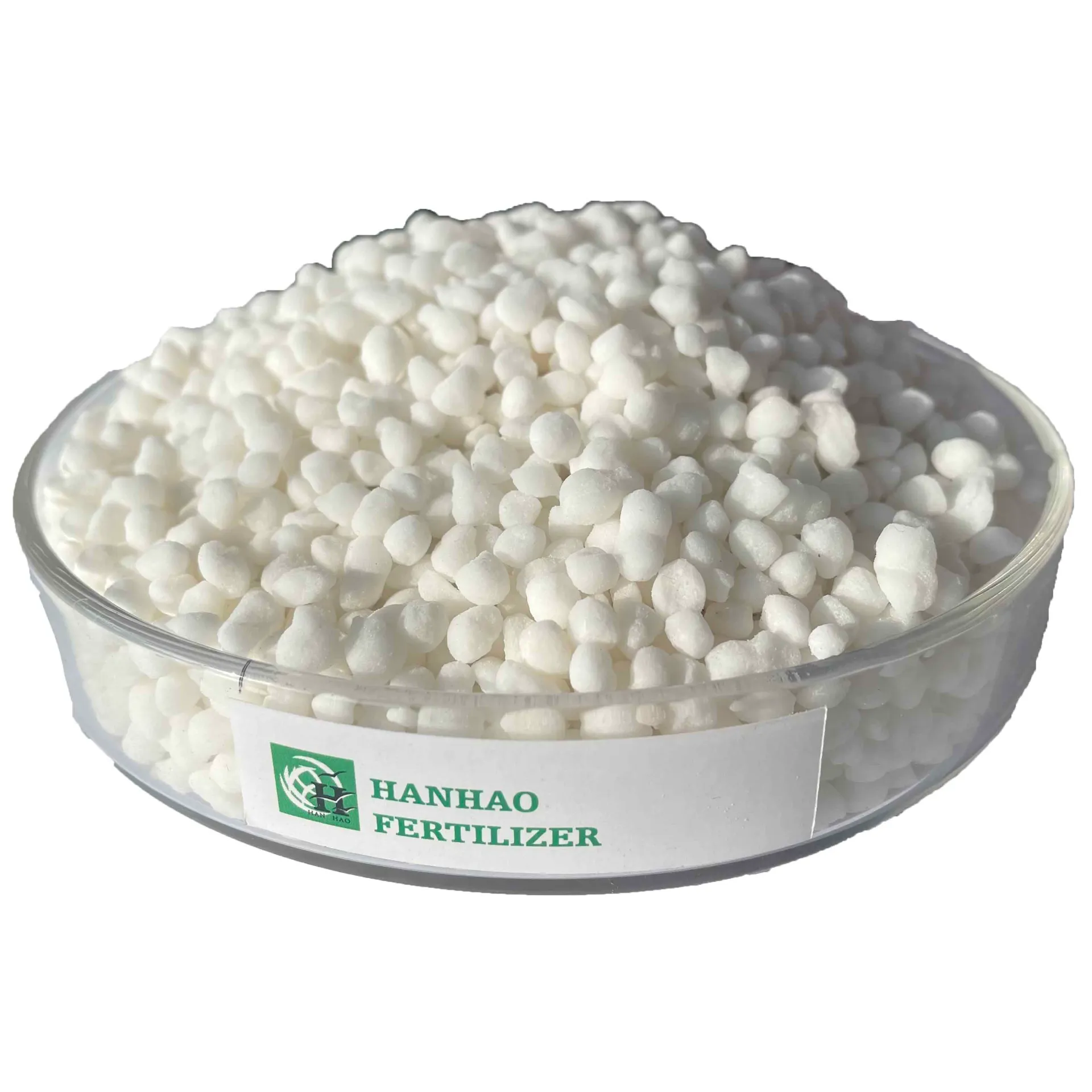
Dez. . 25, 2024 17:31 Back to list
Top Urea Fertilizer Producers and Their Impact on Agriculture Today
The Role of Urea Fertilizer Manufacturers in Modern Agriculture
Urea fertilizer, a vital component in the agricultural sector, plays a crucial role in enhancing crop productivity and supporting food security globally. Manufactured from ammonia and carbon dioxide, urea is renowned for its high nitrogen content, making it an essential nutrient for plants. The importance of urea fertilizer manufacturers cannot be overstated, as they are key players in the supply chain that sustains modern farming practices.
Understanding Urea Fertilizer
Urea is one of the most commonly used nitrogenous fertilizers worldwide. It contains about 46% nitrogen by weight, which is significantly higher than other nitrogen fertilizers. This concentrated nutrient source promotes vigorous plant growth, improves crop yields, and enhances the overall quality of agricultural products. Urea can be applied directly to soils or used in various fertilizers, offering versatility in application methods and suitability for different crops.
The Impact of Urea Fertilizer Manufacturers
Manufacturers of urea fertilizer are integral to ensuring that farmers have access to the necessary inputs for successful crop production. They utilize various processes to produce urea, ranging from small-scale plants to large industrial facilities. These manufacturers are responsible for
1. Production Efficiency Urea production involves chemical reactions that require significant energy inputs, including extensive use of natural gas. Manufacturers strive to optimize production processes to improve efficiency and reduce costs, therefore providing affordable fertilizer options for farmers.
urea fertilizer manufacturers

2. Research and Development Urea fertilizer manufacturers invest in research and development (R&D) to innovate and enhance their products. This includes developing slow-release formulations, which can improve nutrient uptake and minimize environmental impacts. Advanced technologies, such as coated ureas, are designed to release nutrients gradually based on soil moisture, thereby reducing nitrogen leaching and enhancing fertilizer efficiency.
3. Supply Chain Management Ensuring that urea fertilizers are readily available to farmers is a critical function of manufacturers. They work closely with distributors and retailers to manage logistics and distribution networks. This involves assessing demand, managing inventory, and ensuring timely delivery of fertilizers, especially during crucial planting and growing seasons.
4. Sustainability Practices As global awareness of environmental issues rises, urea manufacturers are increasingly adopting sustainable practices. This includes reducing greenhouse gas emissions during production, improving the efficiency of nitrogen use in agricultural applications, and developing eco-friendly alternatives. Manufacturers are also focusing on educating farmers about best practices for fertilizer application to minimize environmental impact.
Addressing Global Challenges
As the global population continues to grow, the demand for food increases, putting pressure on agricultural systems. Urea fertilizer manufacturers play a pivotal role in addressing these challenges by providing essential inputs that enable farmers to achieve higher yields. Additionally, with the rising concerns about climate change and environmental degradation, manufacturers are tasked with the challenge of producing fertilizers that not only boost agricultural productivity but also promote sustainable farming practices.
Conclusion
In conclusion, urea fertilizer manufacturers are a cornerstone of modern agriculture. They play a vital role in ensuring food security by supplying high-quality fertilizers that enhance crop productivity. Their commitment to efficiency, innovation, sustainability, and effective supply chain management contributes significantly to the agriculture industry's resilience in the face of global challenges. As agriculture continues to evolve, the role of urea fertilizer manufacturers will remain crucial in supporting farmers and ensuring a sustainable food future for all.
-
10 10 10 Fertilizer Organic—Balanced NPK for All Plants
NewsJul.30,2025
-
Premium 10 10 10 Fertilizer Organic for Balanced Plant Growth
NewsJul.29,2025
-
Premium 10 10 10 Fertilizer Organic for Balanced Plant Growth
NewsJul.29,2025
-
Premium 10 10 10 Fertilizer Organic for Balanced Plant Growth
NewsJul.29,2025
-
50 Pound Bags of 13-13-13 Fertilizer for All Plants – Bulk & Organic Options
NewsJul.28,2025
-
High-Efficiency 15-30-15 Granular Fertilizer for Healthy Crops
NewsJul.28,2025
